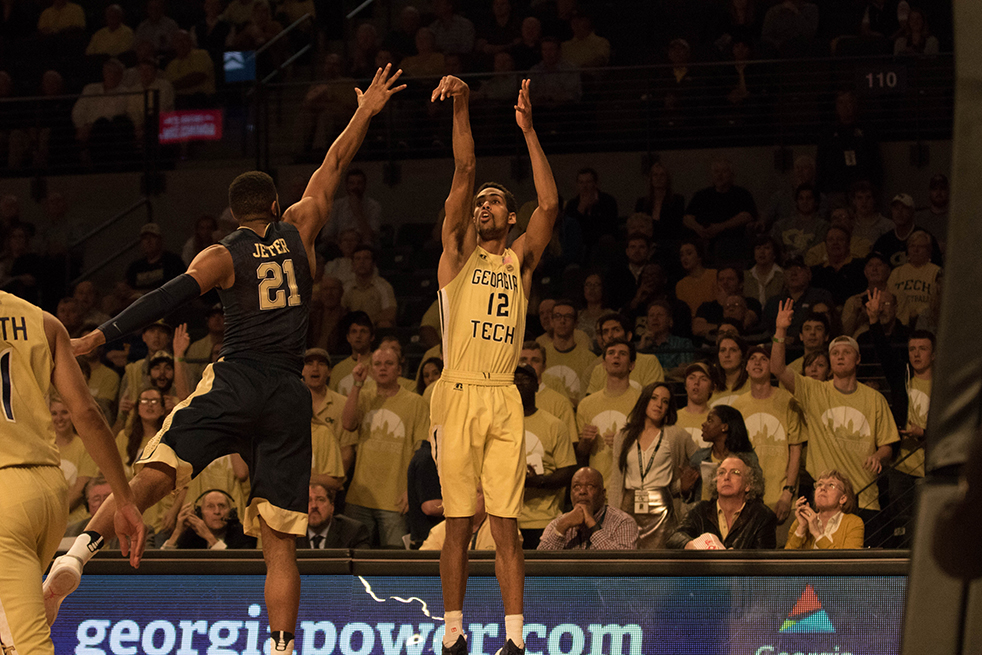
March 3 marked the Georgia State Legislature’s Crossover Day for this legislative session. Crossover Day in the Georgia State Legislature marks the date when bills must be passed on to the other house of the legislature in order to remain viable for the rest of the legislative session. Crossover Day is normally on the 30th day of Georgia’s 40-day legislative session but occurred on the 28th day this year.
House Bill (HB) 51 was one of the bills passed to the State Senate on Friday. HB 51 is a bill that would change how sexual assault investigations are handled on college campuses in Georgia. Currently, according to Title IX, if a sexual assault is reported to a school, the school has the responsibility to provide a safe environment for all of its students and should investigate any allegations of sexual assault. HB 51 would require that local police undertake any investigations of sexual assault while restricting institutions from taking disciplinary action against students accused of sexual assault until an investigation leads to a determination of guilt.
Supporters of this bill say that investigations into serious crimes such as sexual assault should be handled through the official justice system while opponents argue that the school should protect its students and should not rely on a inefficient justice system that often leads to lengthy and invasive investigations. Supporters also say the bill protects against false accusations and that universities are not equipped to hold an investigation, while opponents of the bill say that it will result in a reduction of reports of sexual assault.
HB 280 also passed through the House on Crossover Day. Commonly referred to as “Campus Carry,” this bill would allow concealed carry on college campuses in Georgia, excluding living spaces and sporting venues. The University System of Georgia chancellor of the Board of Regents testified against the bill, stating that he believes the current law keeps students the safest. A similar version of this bill, HB 859,
passed both chambers last year, but was vetoed by Governor Nathan Deal. It is unclear as to whether or not HB 280 will also face opposition from the governor, as this year’s version corrected problems that Gov. Deal cited as reasons for
last year’s veto.
House Bill 471, a bill designed to make any generally accessible outdoor area on college campuses a platform for free speech, did not meet the deadline and cross over to the Senate. Supporters of the bill argued that it would have expanded the rights of free speech for individuals on campuses, while opponents stated that it would have made it more difficult for a university to suppress somebody expressing hateful opinions. Currently, there are “free speech areas” on most campuses where universities allow groups to speak freely; the Ferst Center Amphitheater serves as Tech’s area.
Senate Bill (SB) 79, known as the Casino Bill, will not be moving forward during the rest of the legislative period. SB 79 would have allowed for two “destination resorts”, also known as casinos, to be formed in Georgia. Twenty percent of the casinos’ revenue would have been taxed, 30 percent of which would have gone to the HOPE scholarship fund. Advocates for the bill argued it would have added jobs, while opponents of the bill cited moral arguments primarily.









